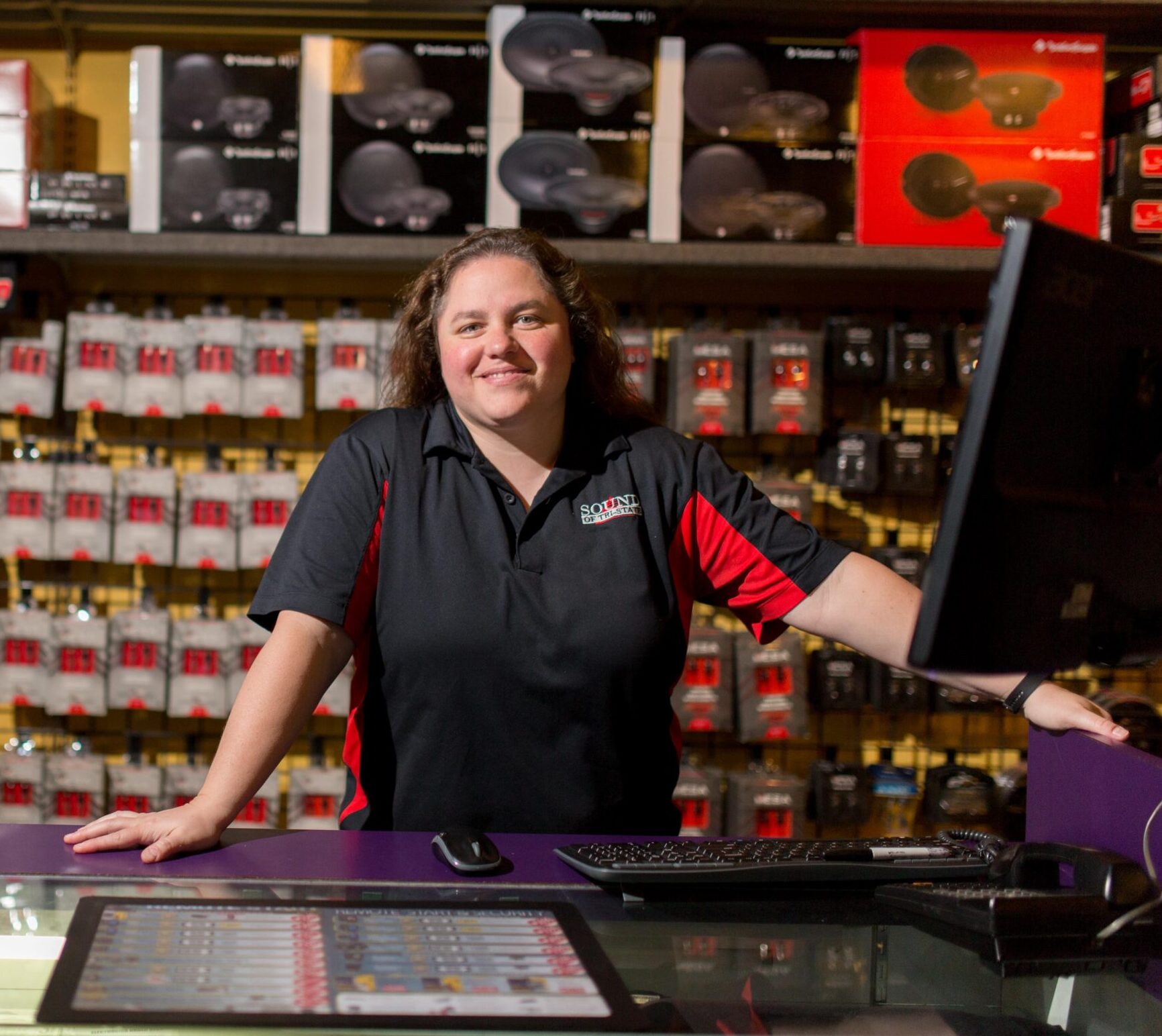These recommendations are of a general nature, some testing processes may differ depending on the type of testing, development methodology, as well as the direction of the company in whole.So, after meeting a team, it’s definitely a good idea to become more familiar with project space documentation. For example, in the e-commerce direction you need to understand the client’s business model if it is B2B or B2C.Both models are possible,in this case, for full testing QA should know about the interaction of business process subjects, payment methods, products delivery methods etc. It is also necessary to know the locations where the client’s sphere of activity is located.
Example list of questions:- Are all products available in a specific location?
- Does the site look the same for each location or are there any differences?
- What’s the percentage of text that should be translated?
- Where should clients be redirected after clicking on specific links?
- Can clients use another location and get products that they want in case these products are unavailable in their region?
In the area related to the production of certain technical products, there will be questions of a different kind – the purpose of the device, methods of interaction with other components in the system, whether a backup unit is provided, boundary conditions, system operation in case of failure of the component under load and many others.
Summary: don’t start from any direct testing activity like checking some options or parts of the system.Try to find out the questions that interest you, if they are not reflected in the documentation, then try to find out the points that interest you from the project manager or team leader.Perhaps, processing the documentation you will find errors that are to be corrected before the development phase. Don’t forget that early testing saves time and money.The next important point is to have good communication within the team. Don’t miss work calls. Always try to clarify how much time is allocated for testing in general.Depending on the complexity of the project you, as a QA specialist, could be involved in the testing process for either a few hours a day or for full loading, 40 hours per week.Using this information you can plan
how to allocate your time on the project:- Work with documentation
- Test plan creation
- Test cases running
- Regression testing
- Bug reports creation
- Automation testing
- Etc.
Your team should always know what is going(has gone) wrong, what defects were detected, how many bug reports have been created in fact and their status – critical, high, medium, low and how critical the influence of these defects on the system (site) in whole is.If during the testing process there is a need for additional data or devices, it is advisable for the team leader to know about it in advance. If there are several projects which you are involved in, determine priorities with the management and optimize the execution of tasks in terms of such parameters as criticality, volume, time.
Summary: despite the opinion that testing is a boring and monotonous process there are a lot of opportunities to organize the work process in the right way, help your team to achieve the best result in test cases creation and make your communication skills better.
WRITTEN BY: Alex Kulko, Speroteck QA team.



